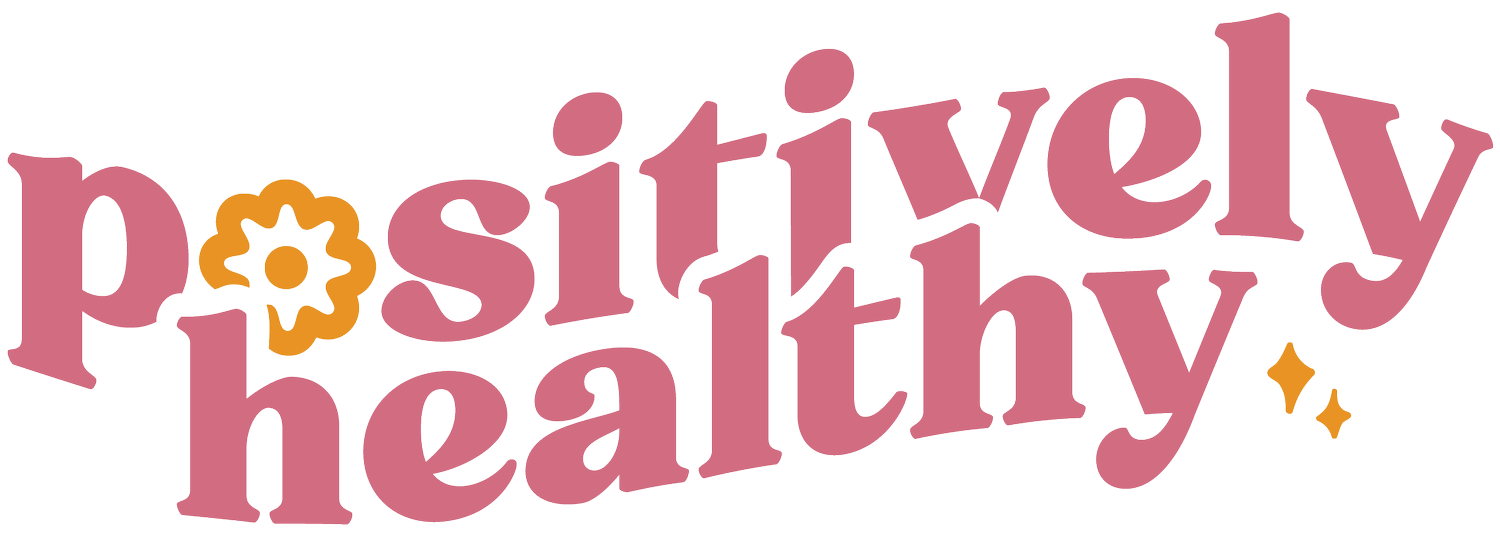Boundaries and Bullying: Why Winning Shouldn't Mean Crossing the Line
October is National Bullying Prevention Month, and this year,
I’m continuing the “This is NOT Okay!” movement by focusing on boundaries.
Last week, just before an upcoming football game in our community, students from an opposing school crossed a serious line by using Instagram to search for photos of their rivals' sisters and moms, posting inappropriate comments. Whether these students were football players or simply fans, their behavior was unacceptable.
While this incident stands out, it’s part of a broader trend of boundary-crossing behavior that is happening across many contexts, both between and within schools. Regardless of the intent—whether to gain an advantage or simply to provoke—the result was the same: boundaries were crossed. Attacking others on a personal level doesn’t make anyone stronger. It crosses into bullying, and that is something we cannot tolerate.
Another troubling trend: Some kids have started cutting off backpack pulltags (cords attached to zippers) and removing IDs or other loose items attached to backpacks. This behavior is not minor—it is a violation of personal boundaries and property, showing a lack of respect for others. These actions contribute to a culture of bullying and disregard for personal space and belongings.
A third harmful trend: involves students creating fake social media profiles to impersonate or mock others. These fake accounts are often used to spread rumors, make hurtful comments, or humiliate peers. This behavior damages relationships by destroying trust among peers and creates an environment of fear and isolation. For those targeted, it can lead to serious emotional consequences such as betrayal, embarrassment, and loneliness.
These examples — from inappropriate online comments to cutting personal items and creating fake profiles — all point to the same issue: boundaries are being ignored, and disrespect is becoming normalized. Whether online or in person, crossing these boundaries has lasting impacts. As a community, we must work together to reinforce respect, integrity, and accountability in our kid’s lives.
How Crossing Boundaries Affects Everyone
When boundaries are crossed, the damage isn’t just to those being targeted:
The Targets experience emotional harm, whether it’s embarrassment, fear, or frustration, and these feelings can linger long after the incident has passed.
The Perpetrators may think they’re gaining power, but in reality, they’re weakening their own self-respect. When teens engage in these actions, they are often seeking significance or control. However, these temporary boosts come at the cost of integrity, leading to guilt or shame that undermines their confidence over time.
The Bystanders are also affected. When they see these behaviors and say nothing, they are indirectly supporting a culture of disrespect. It’s essential that bystanders learn to speak up and defend what’s right, as silence often encourages further harm.
The Role of Adults: Coaches, Parents, and Teachers
Leadership is key. Kids need guidance from adults, not just in groups but also through one-on-one support. Whether it’s parents, coaches, or teachers, the adults in their lives need to provide the tools and mentorship to help kids manage their emotional needs in healthier ways. Many times, these boundary-crossing behaviors stem from unmet emotional needs. By addressing the root causes and teaching respect, accountability, and emotional regulation, we can empower teens to make better choices and grow into responsible individuals.
Three Tips for Teaching Boundaries and Preventing Bullying:
Model Respect in Everyday Interactions: Teach your kids that respect is a sign of true strength. Whether they’re online or in person, encourage them to uphold values of kindness and dignity in all their interactions.
Encourage Open Conversations About Boundaries: Have regular discussions about online behavior, personal space, and the importance of respecting others’ boundaries. What they post, say, or do has consequences, and understanding this helps them build healthier relationships.
Create a Culture of Accountability: Encourage your child to take a stand when they see bullying or boundary violations. Empowering kids to speak up, whether they are victims or bystanders, helps create a community that values respect and integrity
Join the Movement, Sign the Pledge
We can do better, and it starts with all of us. Join the “This is NOT Okay!” movement by signing the pledge and committing to creating a culture of respect, integrity, and healthy boundaries. Together, we can empower our teens and create lasting change.
To sign the “This is NOT okay!” pledge, click here. Together, we can make a difference.
Please feel free to pass this along to others in your community. Together, we can spread the message and work toward a safer, more respectful environment for all.
Warm regards,


